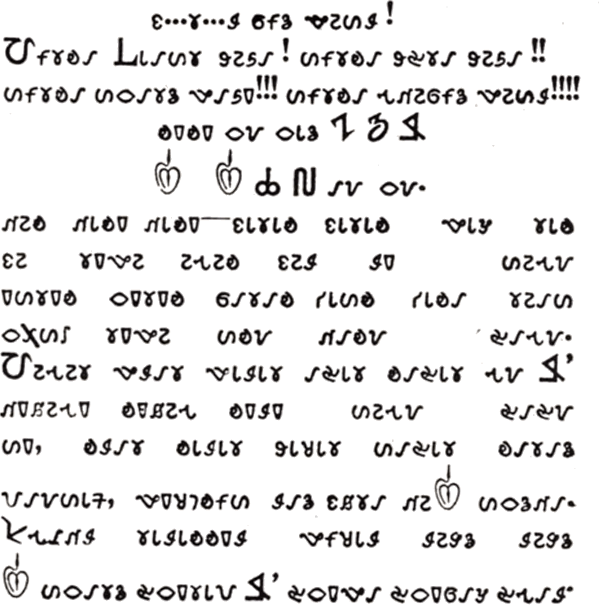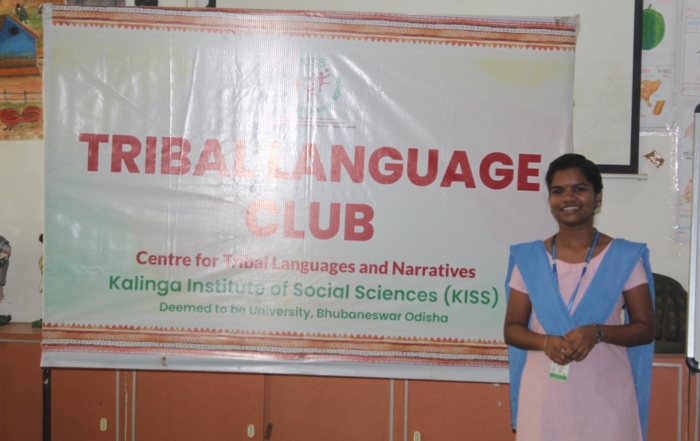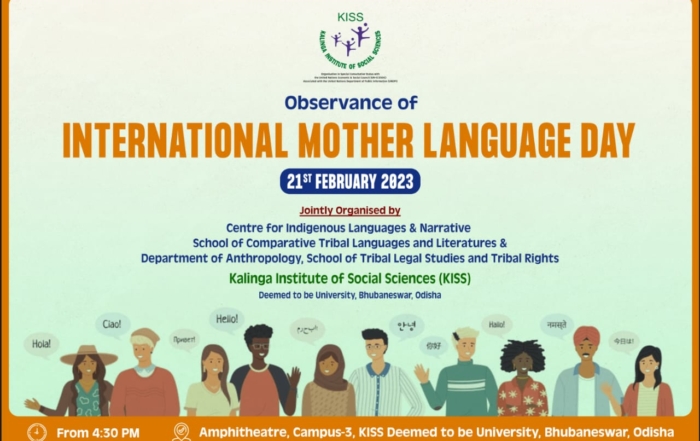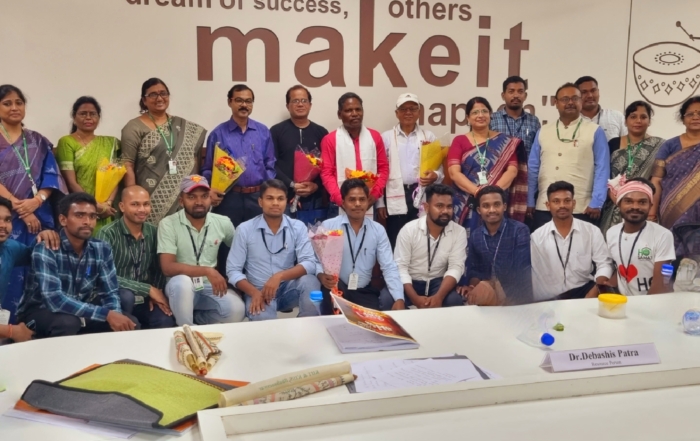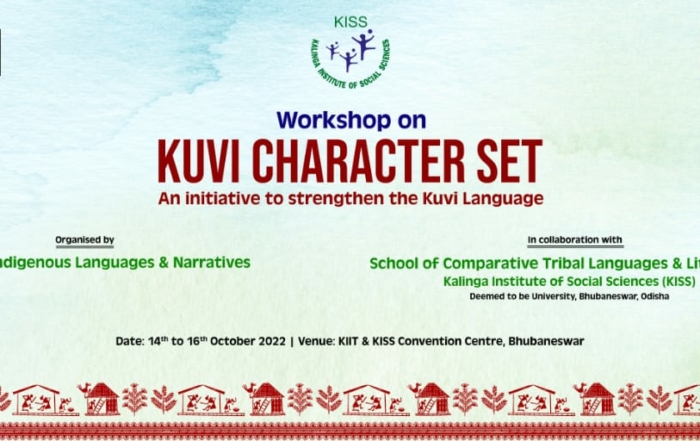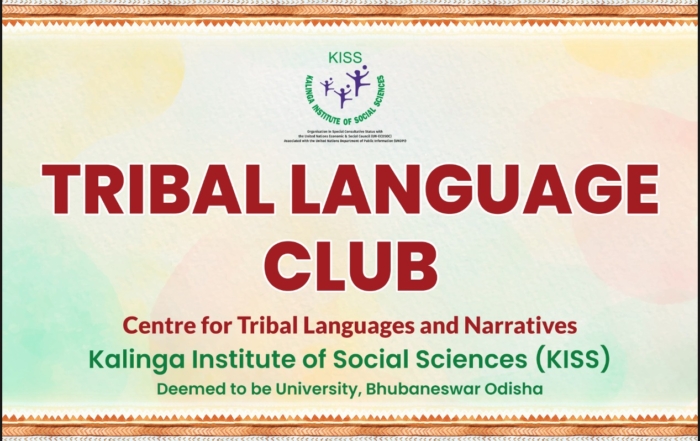Project Description
Centre for Indigenous Languages and Narratives (CILN), is guided by the fundamental objectives of preserving, protecting, and promoting tribal cultural diversity and heritage in Odisha, focusing on tribal languages as repositories of cultural knowledge. Through its efforts in language mapping, documentation, research accessibility, and active participation in language preservation, CILN strives to make a meaningful and lasting impact on the preservation and revitalization of Tribal languages in Odisha, India.
At CILN, the terms ‘Indigenous’ and ‘tribal’ are often used interchangeably
Language Mapping and Documentation: The centre maps and documents diverse tribal languages in Odisha and globally, analyzing their geographic distribution and local variations.
Student Involvement in Data Collection: Students actively participate in gathering linguistic data from tribal communities for documentation purposes.
Collaborative Partnerships: Collaborations extend to research institutions, universities, and organizations like Bharatiya Bhasa Samiti, Ministry of Education, New Delhi, Gandhi Smriti and Darshan Samiti (GSDS), Ministry of Culture, Government of India, New Delhi Academy of Tribal Languages and Cultures (Government of Odisha), SCSTRTI (Odisha), CIIL (Mysore, Government of India), Central University of Koraput, Sambalpur University, Kalahandi University, among others.
Youth Engagement: The centre establishes tribal language clubs and youth platforms, immersing them in the linguistic and cultural heritage of tribes, nurturing language appreciation.
Holistic Language Enhancement: CILN’s approach goes beyond basic documentation and preservation by addressing the practical needs of indigenous languages in specialized domains. By creating resources for technical terminology, the Center facilitates the integration of tribal languages into higher education, promoting their active use and adaptability in modern, knowledge-driven fields. This comprehensive approach serves as a model for holistic language enhancement efforts.
Digital Language Revitalization: CILN’s implementation of digital interventions, by embracing technology, CILN makes tribal languages accessible in higher technical studies, ensuring their relevance and sustainability in contemporary educational contexts.
Community-Engaged Research: CILN prioritizes community engagement in linguistic research. They actively involve tribal communities in documenting their languages, fostering a sense of ownership and ensuring that the research aligns with the community’s needs and perspectives.
Youth-Centric Language Promotion: CILN’s creation of tribal language clubs and youth platforms is a best practice for engaging the younger generation. By immersing them in the linguistic and cultural heritage of tribal communities, CILN cultivates a deep appreciation for indigenous languages and traditions among the youth, ensuring the continuity of these languages for generations to come.

